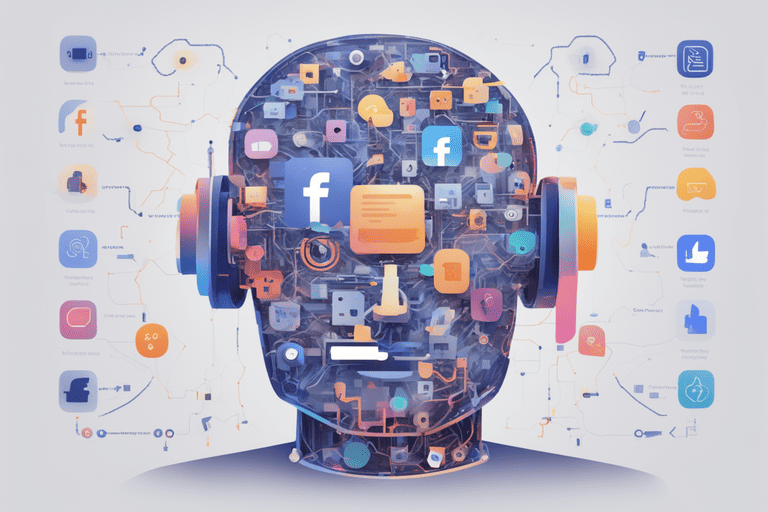
At the end of September, 2023, Meta launched its virtual assistant, Meta’s generative AI Assistant. This is a chatbot that is trained to have conversations with you, generate images for you, and perform tasks across Meta’s platforms including WhatsApp, Facebook Messenger, and Instagram.
The digital age has seen an explosion of information available online. Today, advanced Artificial Intelligence (AI) tools like ChatGPT are managing this deluge of data, filtering and presenting it back to users. However, this convenience could potentially influence both what and how we think.
What is Meta’s Generative AI?
One of the latest advancements in this space is the rise of personalized AI tools that generate content tailored to individual user preferences. Meta, formerly known as Facebook, has recently launched a virtual assistant aptly named “Meta AI.” This chatbot is capable of engaging in conversations, generating images, and executing tasks across multiple platforms including WhatsApp, Messenger, and Instagram.
However, Meta’s new assistant raises privacy concerns. The company disclosed that it utilized public Facebook and Instagram photos and texts to train its AI, though it assured users that private messages and posts were not included in this training data. Nick Clegg, Meta’s president of global affairs, highlighted measures to keep personal information out of the public datasets used by the AI.
Here are two interesting articles that give more insight:
- https://theconversation.com/dumbing-down-or-wising-up-how-will-generative-ai-change-the-way-we-think-214561
- https://www.businessinsider.com/meta-train-ai-public-post-instagram-facebook-2023-10
Changing the way we think
Generative AI tools, especially those personalized for us, could redefine our thinking process. As the internet became integral in the 1990s, studies demonstrated how constant online connectivity affected our cognition and memory, introducing phenomena like the “Google effect.” There are concerns that increased dependency on AI tools might enhance cognitive biases, limiting exposure to diverse perspectives and increasing susceptibility to misinformation.
…but that’s for another article…
~ Bella